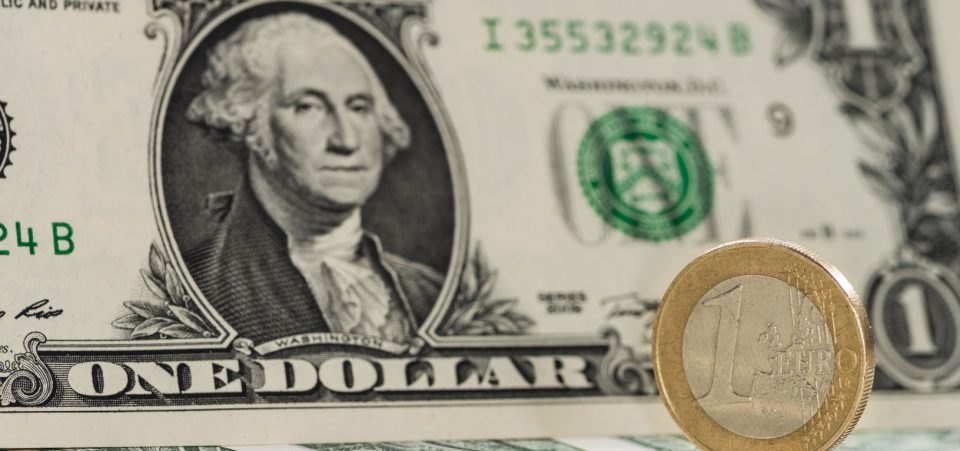So What Was All This Talk of the EUR to USD Collapsing?
What happened? Instead of collapsing, the euro has risen even as the “No” vote won Italy’s constitutional referendum on December 4. The EURUSD stood at $1.07 on Monday.
Many had expected a “No” vote to pull the euro to parity with the U.S. dollar. The Italian stock exchange was under pressure, but few doubted this. Despite the rebound of the euro, it’s no time to be bullish on the European currency. Political risks and economic collapse have merely been postponed, not averted.
The Milan Exchange’s index is heavily weighted in favor of banking stocks. Italian banks are under pressure from underperforming loans. Regardless of the referendum’s outcome, they would have fallen.
The strong link between the banking sector and the bond market in Italy is a major concern for investors. The banks have been affected by fear about their huge exposure to bad loans built in years of economic crisis. Banks also hold large amounts of Italian debt.
Still, the euro has recovered from 20-month lows. The resignation of a key eurozone member’s prime minister, Matteo Renzi, in the current populist climate was supposed to have triggered a sell-off. The fact is that elections might still be held in 2018, just as would have been the case had Renzi not resigned.
A second Renzi mandate cannot be excluded, but his potential successors in the short term have the confidence of other European Union (EU) leaders and financial establishments. The current favorite is Pier Carlo Padoan. As an economics professor, Organization for Economic Cooperation and Development (OECD) economist, and International Monetary Fund (IMF) executive, Dr. Padoan enjoys trust from all economics and financial circles.
Padoan alone could halt the Euro’s implosion and prevent a domino effect of uncertainty befalling the banking sector. It’s also becoming more evident that the markets expected the “No” side to win in Italy’s referendum. Thus, the big euro sell-off reached a culmination in the days just before the December 4 referendum.
The Response to the “No” Was Swift, Avoiding a Drawn-Out Period of Uncertainty
The other big factor, acting as a break on the euro’s slide, is the fact that the response to the “No” victory was swift. Even swifter was the reaction. Renzi resigned right away, while the very idea of early elections was not even pondered.
Early elections are what everyone feared as the worst possible outcome of the December 4 Referendum. Expectations are that the Five Star Movement, led by former comedian Beppe Grillo, would win if the elections were held today, given recent momentum. That would have been the worst outcome for the euro.
The Five Star Movement would try to pull Italy away from the eurozone. Now, referendum gone, the feeling is that the risk has been averted (for now). The risk to the euro remains, however. The single currency’s course could move back down on a whim.
There is no relief for Italian bonds and banks, which support the weight of investors’ fears of a new phase of political turmoil in the third-largest economy in the euro area. Moreover, the appointment of a prime minister could prompt pressure from the opposition for early elections.
That, combined with greater uncertainty surrounding efforts to recapitalize in the Italian banking sector, will overheat the political climate. Citizens forced to absorb austerity will be less than sympathetic about another bailout for the banks.
The EURUSD hit the minimum of 20 months at $1.0508 against the dollar before rebounding $0.02 above $1.07 for the first time in more than two weeks. Meanwhile, the fact is that the “No” win is a definite blow for the European Union, which was already shaken by the various multiple crises and the growing anti-establishment sentiment following Brexit and Donald Trump’s election.
Ultimately, the EURUSD course remains bullish for the dollar. The Federal Reserve has already signaled a strong likelihood of raising interest rates at the next meeting. Donald Trump’s agenda, inward looking, would tend to push the U.S. dollar higher.






